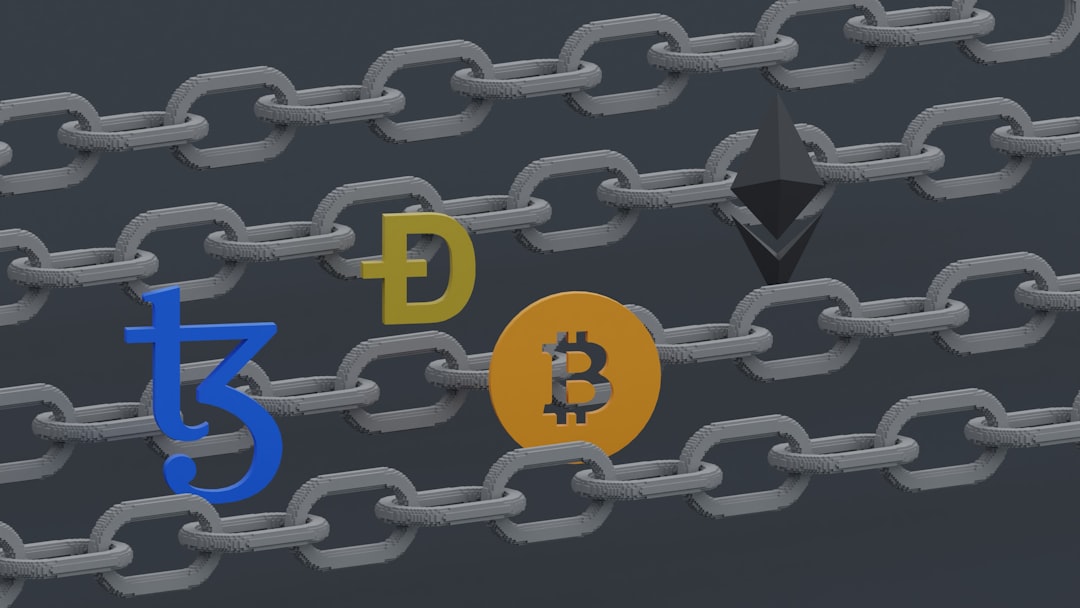Building Connections Through Community Forums and Networking Meetups

The energy of a well‑run community forum is like a quiet river that gathers streams from all corners of a field, then carries that shared water into a larger pool of collective knowledge. Participants post questions, share stories, and provide solutions that others can learn from. This collaborative environment is not just about exchanging information; it is the birthplace of trust, a network of people who, even if never meeting in person, feel connected through shared curiosity and mutual support. In a world that values speed and convenience, these forums prove that thoughtful, sustained interaction can create bonds that last longer than a fleeting social media swipe.
When you first join a forum, the first instinct is to scroll through the headlines, to see what others are discussing. That initial impression matters: a welcoming interface, clear moderation policies, and a tone that encourages respectful dialogue all contribute to a sense of safety. Users who feel safe are more likely to engage, to ask difficult questions, and to offer detailed answers. The quality of engagement directly shapes the community’s reputation. A forum that consistently delivers accurate, helpful answers becomes a go‑to resource, attracting new members who seek reliable knowledge.

Beyond the obvious benefits of quick problem‑solving, community forums act as a living archive. Years later, a user may revisit a thread and find that a solution that seemed obscure at first becomes the cornerstone of a new project. This cumulative knowledge base transforms individual effort into a shared asset. Moderators play a pivotal role in curating this content, tagging topics effectively, and ensuring that the conversation remains focused and inclusive. When moderators also act as mentors, they help newer members learn the unwritten rules of participation, fostering an environment where everyone feels valued.
The digital pulse of community forums is amplified by the tools that allow asynchronous collaboration. Features such as pinning important posts, highlighting expert contributors, and integrating external resources (like code repositories or design libraries) enhance the user experience. When a thread grows to include a series of related posts, the platform can automatically group them, making it easier for readers to navigate complex topics. These tools turn the forum into a dynamic knowledge hub, where information evolves organically as new discoveries are made.

As the virtual community matures, participants naturally begin to crave more personal interaction. A forum can host a “real‑life” event that brings online conversations into physical spaces. These networking meetups are often organized by community leaders or enthusiastic members who see the value in turning digital acquaintances into collaborators. When people meet face‑to‑face, they can read each other’s body language, share stories with nuance, and build rapport that is difficult to achieve through typing alone.
From virtual threads to real connections, the transition is not instantaneous but a gradual process of building trust. An initial meetup might focus on informal coffee chats, allowing participants to discuss their day‑to‑day challenges in a relaxed environment. Subsequent gatherings could evolve into structured workshops, hackathons, or roundtable discussions where attendees present solutions they’ve crafted for forum problems. The key is to maintain a balance: preserve the openness of the forum while providing a focused agenda that encourages meaningful collaboration.
These in‑person events also serve as a platform for feedback. Community leaders can gauge which topics are generating the most engagement, what skills members want to develop, and how the forum’s infrastructure can improve. Feedback loops help refine both the digital and physical aspects of the community, ensuring that the organization remains responsive to its members’ needs.
The power of face‑to‑face meetups is amplified by the human tendency to forge relationships through shared experience. When members collaborate on a joint project, they learn to rely on each other’s strengths, build trust, and create a shared sense of accomplishment. Even a single, well‑executed meetup can ignite a ripple effect, leading to new partnerships, job offers, or open‑source contributions. These meetings also humanize the participants; seeing a username become a real person with a face behind it reduces the barrier to future collaboration.
Networking meetups often incorporate activities that encourage interaction beyond formal sessions. Ice‑breaker games, group lunches, or themed workshops invite participants to discuss their interests outside of the core topics. By fostering a sense of community beyond the immediate subject matter, these events nurture long‑term relationships. Participants return to the forum with a renewed sense of belonging, bringing fresh perspectives and higher engagement levels.
Sustaining momentum after a meetup involves deliberate effort. Community organizers can set up a calendar of recurring events, offer online follow‑ups, or create a dedicated channel for post‑meeting discussion. Providing resources such as recorded sessions, action plans, or collaborative documents ensures that the energy generated during the meetup does not dissipate. When participants see a clear path from discussion to implementation, they are more likely to take the next step be it contributing to a shared project, inviting others to join, or sharing insights back on the forum.
The continued success of both forums and meetups hinges on clear communication. Regular updates, transparent decision‑making, and inclusive leadership create an environment where members feel heard and respected. When community members see that their input shapes the direction of events, they are more invested in the community’s growth. This sense of ownership translates into higher participation rates and richer content.
In the broader context, community forums and networking meetups act as catalysts for innovation. By bringing together individuals from diverse backgrounds developers, designers, marketers, or entrepreneurs they create fertile ground for interdisciplinary collaboration. When someone asks a question about a niche technology, a forum answer might spark a new idea for a product, leading to a startup or a community‑driven open‑source library. These outcomes are the ultimate reward for fostering spaces where people can share freely and collaborate effectively.
As we look ahead, the synergy between digital forums and in‑person gatherings will only strengthen. New communication tools such as virtual reality meeting spaces promise to blend the immediacy of face‑to‑face interaction with the scalability of online platforms. However, the core principles remain unchanged: a welcoming environment, respectful dialogue, and opportunities for shared growth. Whether you are a seasoned member or a curious newcomer, the value of engaging with a vibrant community online and offline cannot be overstated. By joining, contributing, and attending, you become part of a larger network that not only solves problems but also builds lasting relationships and fosters continuous learning.

Jay Green
I’m Jay, a crypto news editor diving deep into the blockchain world. I track trends, uncover stories, and simplify complex crypto movements. My goal is to make digital finance clear, engaging, and accessible for everyone following the future of money.
Discussion (10)
Join the Discussion
Your comment has been submitted for moderation.
Random Posts

Future-Focused Investing - Turning Objectives into Wealth
Turn vague dreams into wealth by setting SMART goals, defining exact amounts and timelines, then disciplined planning and investing that grows with you.
1 year ago

Beyond Short Term Fluctuations Crafting a Long Term Investment Roadmap
Ignore short term swings. Build a long term roadmap that ties your investments to life goals, turning volatility into an ally that steadily grows your wealth over time.
4 months ago

Diversification Strategies That Improve Risk Adjusted Returns
Learn how smart diversification, beyond simple spread, boosts Sharpe and Sortino ratios, protecting growth while smoothing volatility.
10 months ago

Smart NFT Strategies for Reliable Income and Tax Efficiency
Build a passive NFT portfolio with diverse assets, smart royalty management, and tax, aware structuring to turn tokens into reliable income while keeping taxes low.
1 week ago

Integrating Wallets with Staking Tools Step by Step
Learn how to connect your wallet to staking tools in clear, simple steps, update firmware, secure your seed, choose a trusted platform, and start earning rewards safely.
1 month ago
Latest Posts

Tax Strategies for Long Term Passive Earnings
Learn how smart tax planning can boost your passive income: choose efficient vehicles, use shelters, time gains, and keep more of what you earn.
1 day ago

Passive Income Education Through Legal, Tax, and Risk Management
Turn a side hustle into lasting, hands, off wealth by mastering legal structure, tax strategy, and risk protection, the three pillars that safeguard capital and ensure steady dividends.
1 day ago

Crypto Exchange Basics for Steady Income
Build steady crypto income by defining clear goals, choosing the right exchange tools, and sticking to a disciplined strategy for consistent returns.
2 days ago

